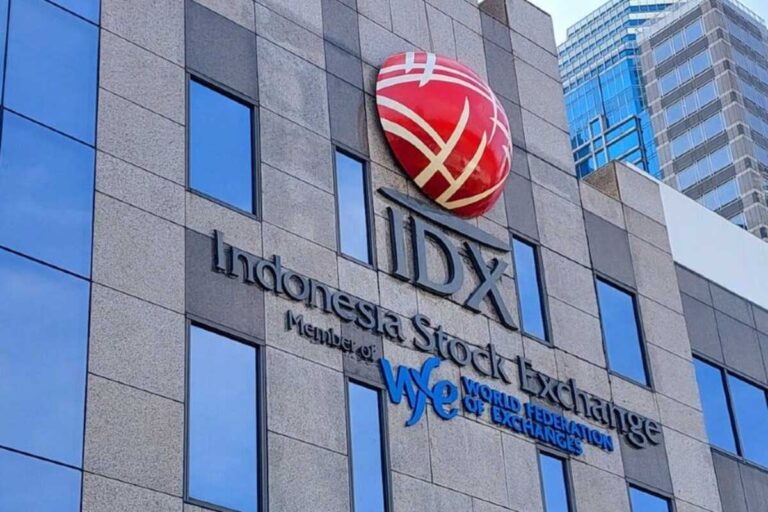🎧 Listen to This Article
The performance of Indonesia’s stock market has seen a notable downturn in March 2025, with blue-chip stocks like Bank Central Asia (BBCA) significantly losing value. Experts point to this as a signal of broader economic concerns, particularly its potential impact on the country’s tax revenue.
The Jakarta Composite Index (IHSG), a key indicator of the Indonesian economy, has been trending downward, reflecting investor concerns. A drop in IHSG often signals economic instability and diminished investor confidence, which in turn affects government tax revenues. The stock market’s fluctuations can directly influence income from taxes on dividends, stock transactions, and capital gains. The overall tax impact is compounded by a decline in investor activity, further reducing government revenues.
Tax Revenue Impact
The tax revenue from Indonesia’s stock market plays a crucial role in supporting the national budget. Taxes collected from transactions, dividends, and capital gains are vital sources of income. However, when the market weakens, as seen with BBCA’s significant decline in stock value, these tax streams tend to shrink. Additionally, as investor sentiment sours, foreign investments drop, further exacerbating the situation.
The government’s reliance on stock market activity for tax revenue is especially evident when the IHSG declines. A sluggish stock market diminishes tax receipts from stock transactions, dividends, and corporate earnings, all of which contribute to national fiscal health.
Wider Economic Impacts
A downturn in the stock market can also affect other sectors dependent on capital markets for financing, such as real estate and infrastructure. Reduced investment in these sectors means slower economic growth, which in turn affects taxes on consumption, including VAT and other sector-specific taxes. Furthermore, lower investor confidence can lead to job cuts and salary reductions, directly reducing income tax revenues from employees and companies alike.
Policy Recommendations
Experts suggest that maintaining market stability through regulatory adjustments and fiscal policies could help mitigate the impact of market fluctuations on tax revenue. Additionally, encouraging both domestic and foreign investments by creating favorable tax incentives could provide much-needed relief.
In conclusion, the health of Indonesia’s stock market is inextricably linked to its fiscal policy and tax revenue. As the market continues to face challenges, the government must navigate these uncertainties to maintain a balanced economy.
For further details, clarification, contributions, or any concerns regarding this article, please contact us at editorial@tax.news. We value your feedback and are committed to providing accurate and timely information. Please note that our privacy policy will handle all inquiries



